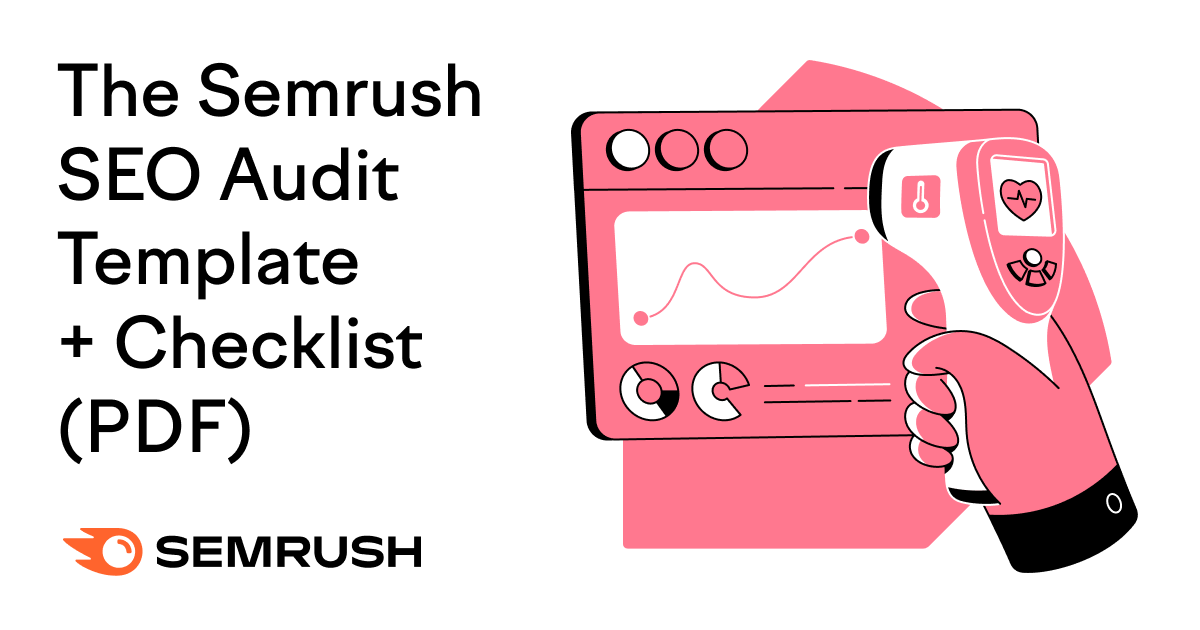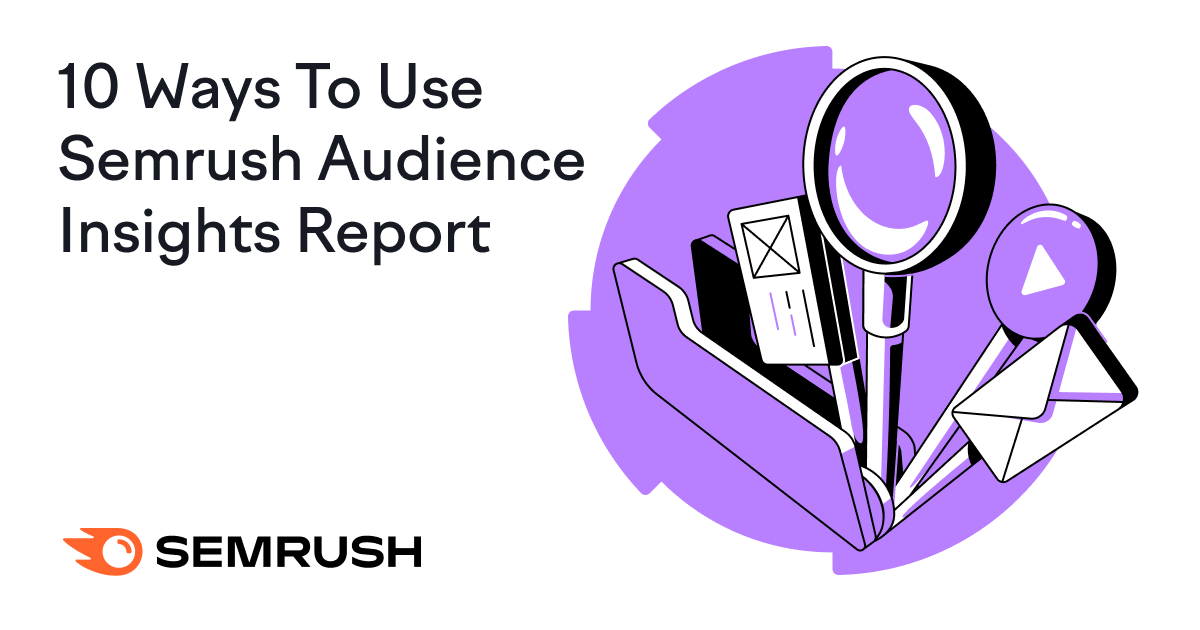
Ovarian cancer happens when there are abnormal cells in one or both of your ovaries. They’re the parts of your reproductive organs that make hormones and store eggs. There are many ways to treat ovarian cancer, including surgery or chemotherapy. Here’s what people with ovarian cancer want you to know about this condition.
Kate Welsford was only 19 when she had her first ovary taken out due to a low-malignancy tumor. Those are tumors with certain cells that might become cancerous. Five years later, her doctors found another tumor in her other ovary.
“At that point, we were getting ready to remove my only remaining ovary. And we wanted kids,” she says.
Today, Welsford and her husband have three children — ages 2, 6, and 8. But she says having biological children wouldn’t have been possible if she hadn’t had open and honest conversations with her doctor in her early 20s.
Welsford and her doctor decided to postpone ovarian tumor surgery to do a round of ovarian stimulation. That allowed them to save her eggs so she could still have children.
“I think the biggest part of this whole journey for us was to ask questions,” she says. “If we didn’t ask what our future was going to look like, I don’t know if, in that moment, we would be thinking about [fertility] or pursuing options.”
Kate Thompson-Maher, a 66-year-old retired doctor, was diagnosed with ovarian cancer just under 2 years ago. She remembers symptoms like pelvic cramping, bloating, the need to go pee more often, nausea, and heartburn, but never thought they were signs of ovarian cancer.
“They were so nonspecific that I disregarded them,” she says. “I attributed them to other things and completely ignored it.”
Thompson-Maher’s doctor later diagnosed her with early stage III ovarian cancer. She often wonders if her medical team would’ve caught it sooner if she’d noticed symptoms earlier.
This situation is common. Early-stage ovarian cancer typically doesn’t have many warning signs, and advanced cancer symptoms are frequently mistaken for other conditions.
“We need to spread the word about the vague symptoms … don’t disregard them, get it looked at,” Thompson-Maher says.
After strange symptoms like a racing heart and body aches, 62-year-old Benita Dallas scheduled several appointments to narrow down the cause. Her doctor at the time took an ultrasound and eventually diagnosed
Dallas with ovarian cancer. Right after, Dallas was admitted to the hospital and told her prognosis was bleak.
“I went through 12 days, three times a day, of [doctors] telling me I had stage IV cancer and I was going to die. And that I needed to get my affairs in order and there was nothing that they could do for me,” she says.
Dallas was determined to overcome the odds and fight for her life. She decided to get a second opinion from another doctor. Two days after a PET scan, she got a call from her second doctor saying her prognosis wasn’t as severe as the first diagnosis suggested.
“I screamed for probably 2 minutes straight. It was like having an out-of-body experience. I will never forget that,” she says.
Dallas urges other people, especially those diagnosed with late-stage cancer, to talk to multiple doctors. “The second opinion changed my life.”
Certain conditions, such as ovarian cancer, aren’t always curable. You may have to live with symptoms for the rest of your life, similar to diabetes or heart disease.
But you can control your ovarian cancer with therapy. “Treatments that are available now really do put you in remission for periods of time where you feel normal. It’s not like you’re walking around feeling terrible all the time,” says Thompson-Maher.
In some cases, a certain type of treatment might not work. But there are other options to explore, as experts are always studying new therapies.
Juggling ovarian cancer surgery and future family planning at the same time taught Welsford to take things slow. “When you take it piece by piece, and problem by problem … you can tackle that. But if you look at the end, all the things along the line that need to get done, that’s overwhelming,” she says.
Taking care of your mental health is a huge part of managing ovarian cancer. The good news is that there are several options to ease anxiety or deal with depression. Support groups can help you learn from other people going through similar things. You can also talk privately with a mental health professional.
Dallas maintains an optimistic outlook through her job at the Federal Emergency Management Agency (FEMA). She’s able to help others, which allows her to focus less on her own anxiety and more on the well-being of those around her.
It’s crucial for her to stay positive in all parts of her life. She finds that reading fun material, watching comedies, and trusting in a higher power keep her from sinking into negative thoughts. And her family, friends, and counselor help her find and keep courage.
“Once you get up, you’ve got to stay up. You have to be busy,” she says, “Mentally, I’m stronger now than I was.”






![What It Is & How to Do It [Examples + Template] What It Is & How to Do It [Examples + Template]](https://static.semrush.com/blog/uploads/media/86/6a/866a1270ca091a730ed538d5930e78c2/do-swot-analysis-sm.png)